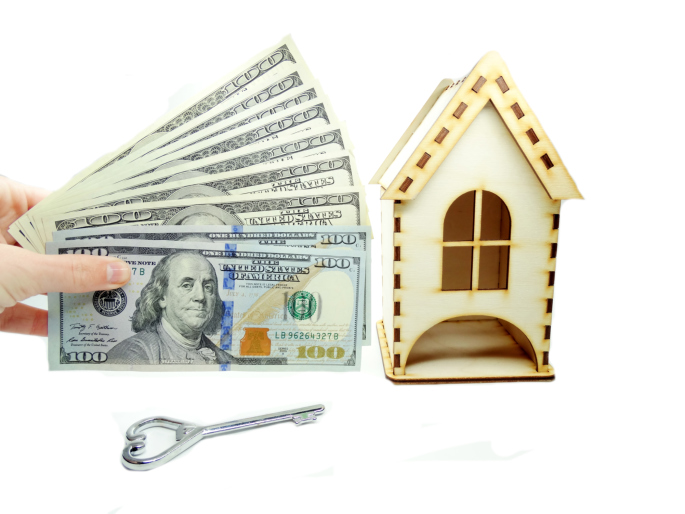An Overview of Amortization: It Plays A Role In Monthly Mortgage Payments
 Even though this may sound like a fancy word, amortization is simply a long word for a straightforward topic. Furthermore, it plays a significant role in the determination of monthly mortgage payments.
Even though this may sound like a fancy word, amortization is simply a long word for a straightforward topic. Furthermore, it plays a significant role in the determination of monthly mortgage payments.
Before taking out a home loan, homeowners need to understand how their payment schedule works and what this means for the future of the home loan.
Amortization refers to the way monthly payments are calculated to make sure that homeowners pay the same amount every month throughout the life of the loan. Even if homeowners do not stay in the house for the life of the loan, amortization will still play a significant role in the amount of money they receive if they decide to sell the home.
Amortization Plays A Major Role In Calculating Monthly Payments
First, amortization plays a major role in calculating monthly payments because it ensures that homeowners pay the same amount of money over the life of the loan. Even though there is interest on the home loan, and inflation will play a role in the value of money during the life of the loan, the monthly payment is going to stay the same. This is particularly beneficial to homeowners who are still working and believe that their income is going to go up during the life of a 15 year or 30 year mortgage. Even if their income goes up, and even if inflation plays a role, their monthly mortgage payments will still stay the same thanks to amortization.
Amortization Divides Interest And Principal In Monthly Payments
On the other hand, amortization also plays a role in calculating interest versus principal in monthly mortgage payments. At the beginning of the loan, the majority of each monthly payment goes toward interest on the loan. At the end of the loan, the majority of each monthly payment goes toward principal. This also means that if homeowners decide to sell their home at some point during the loan, they might not get as much money as they think because most of their monthly payments have gone toward interest and haven’t built up any equity. This is another key factor homeowners should keep in mind when it comes to amortization.

 There are lots of homeowners who fall on rough times from time to time. For example, some people may be in the midst of changing jobs. Other people might be going back to school. When this happens, it can be hard for homeowners to keep up with their mortgage payments. Even though they might be thinking about waiting for the bank to do something, this would be the ultimate mistake.
There are lots of homeowners who fall on rough times from time to time. For example, some people may be in the midst of changing jobs. Other people might be going back to school. When this happens, it can be hard for homeowners to keep up with their mortgage payments. Even though they might be thinking about waiting for the bank to do something, this would be the ultimate mistake. When people are looking for a home, this is an exciting process. There is always something fun about looking at potential homes and envisioning a future there. This is a big decision. At the same time, it is just as important for people to think about how much of their money they should be spending on their mortgage. There are a few rules of thumb that people should keep in mind.
When people are looking for a home, this is an exciting process. There is always something fun about looking at potential homes and envisioning a future there. This is a big decision. At the same time, it is just as important for people to think about how much of their money they should be spending on their mortgage. There are a few rules of thumb that people should keep in mind.  Buying a new home is an exciting time, but excitement can easily turn to stress if there isn’t enough money to pay the monthly mortgage bill. The added expense can take some time to get used to, but there are ways to make the payments easier, especially in those first few months when money is the tightest.
Buying a new home is an exciting time, but excitement can easily turn to stress if there isn’t enough money to pay the monthly mortgage bill. The added expense can take some time to get used to, but there are ways to make the payments easier, especially in those first few months when money is the tightest.